‘ALL CHARACTERS IN THIS NOVEL ARE ENTIRELY FICTITIOUS...’
Part One
I had a fun conversation with my Mum yesterday. She had done some family history research into her own ancestors and was bemused to discover that she had a seventeenth century relative called BARNABUS GOULDSMITH. For some reason this tickled her pink. She loved the sound of his name and spent twenty minutes persuading me to put Barnabus into my next novel. To keep the peace and to avoid being disinherited, I finally agreed. However, I may draw the line at her suggestion that I make him into a smuggler.
This made me wonder how many other authors find themselves under similar pressure to adjust their plots and characters for the amusement of their loved ones? And more intriguingly, how do authors choose the names for their characters in the first place?
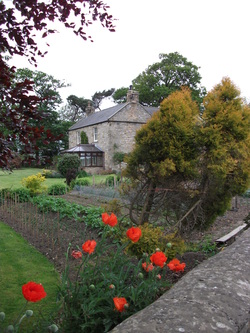 North Carter Moor Farmhouse
North Carter Moor Farmhouse But it quickly became obvious that I would have to make some adjustment to those names. For a start, nearly everyone back in 1812 was called ‘John.’ This included Jamie’s father, son, brother, best friend, the man he robbed and the magistrate who charged him. Obviously some of them had to go or be known as ‘Jack.’ (Or even Nathanial.) This tradition of calling children after other family members had helped us trace our relatives back through the centuries and uncover Jamie’s sorry tale of injustice. But to write a novel about three generations of the same family, all in the same farmhouse and all called either ‘John’ or ‘Ann’ would have confused the hell out of my readers.
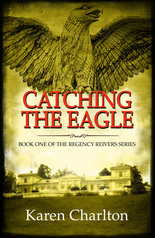
Fortunately, novelists can use artistic license. In Catching the Eagle, I changed names, liberally handed out nicknames and killed off one character a couple of decades early. However, this process can still be dangerous in a novel based on a true story because someone somewhere is going to be unhappy that you have altered history. I think I may have inadvertently offended a distant cousin in Australia when I changed the name of his 4 x great-grandmother from ‘Ann’ to ‘Mary.’
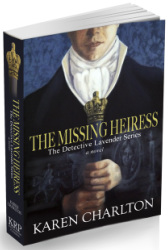
However, when I called the younger brother of the missing heiress, ‘Matthew’, I never imagined the embarrassment this would later cause me. Matthew was a very popular name in late 18th century England. It is also the name of my own younger brother. (Yes, I think you can see where this is going.) When I plotted the book I instinctively named Matthew Carnaby after my own brother and thought nothing more about it. In my head, this was a convenient – possibly temporary - arrangement which would help me remember who he was while I sorted out the rest of the details about him and the other characters.
At the start of a novel, everything is fluid and full of potential. Minor characters like Matthew Carnaby are particularly sketchy; his personality and circumstances were vague. He eventually became a sad and tragic figure, the victim of horrific abuse in his infancy which had left him mute and physically scarred. He developed into one of my favourite characters and will probably appear in a later novel in the series, but somehow while I was writing the novel I completely forgot about the significance of his name.
Post-publication, my slip up came back to haunt me. Mum was the first to contact me with feedback after Heiress was released. Of course she loved the book (bless her) and was full of praise. But at the end of the conversation she quietly asked me:
'Why did you name the ‘idiot’ younger brother after our Matthew?'
‘Our Matthew’ also read The Missing Heiress and he sent me a text:
Reading Heiress and loving it. Just got to the bit were the idiot younger brother has the shit kicked out of him…

It is amazing what else those close to you read into your work. In the same conversation, Mum also wanted to know why I had called the unsavoury Baxter Carnaby after my gentle, God-fearing uncle: Howard Baxter. I hadn’t. In my mind, Baxter was just a strong, memorable name. Memorable is vitally important in fiction.
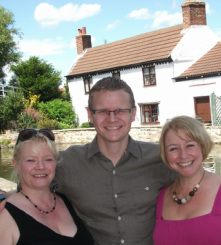 Happier times: My siblings and I
Happier times: My siblings and I The last I heard, I am still in my parent’s Last Will and Testament (just) but I may have to avoid being alone with my brother in the same room for a while. In the meantime, for penance, I am doing a little research about Kentish smugglers and sketching out the character of one Master Barnabus Gouldsmith...
Q: What’s in a name?
A: Everything!

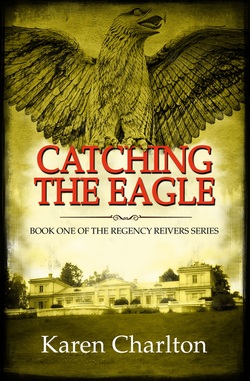
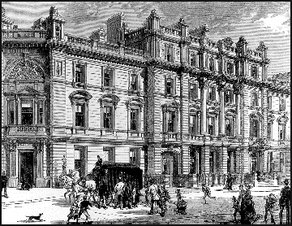
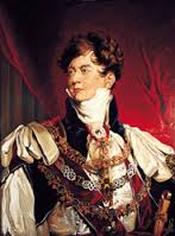
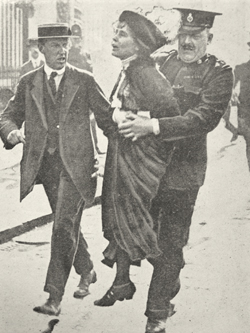
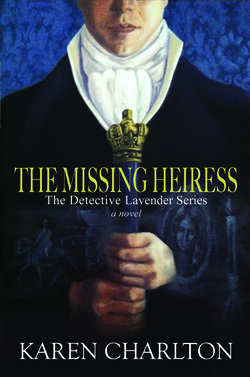
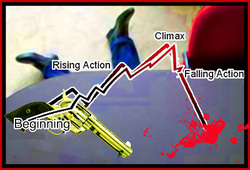
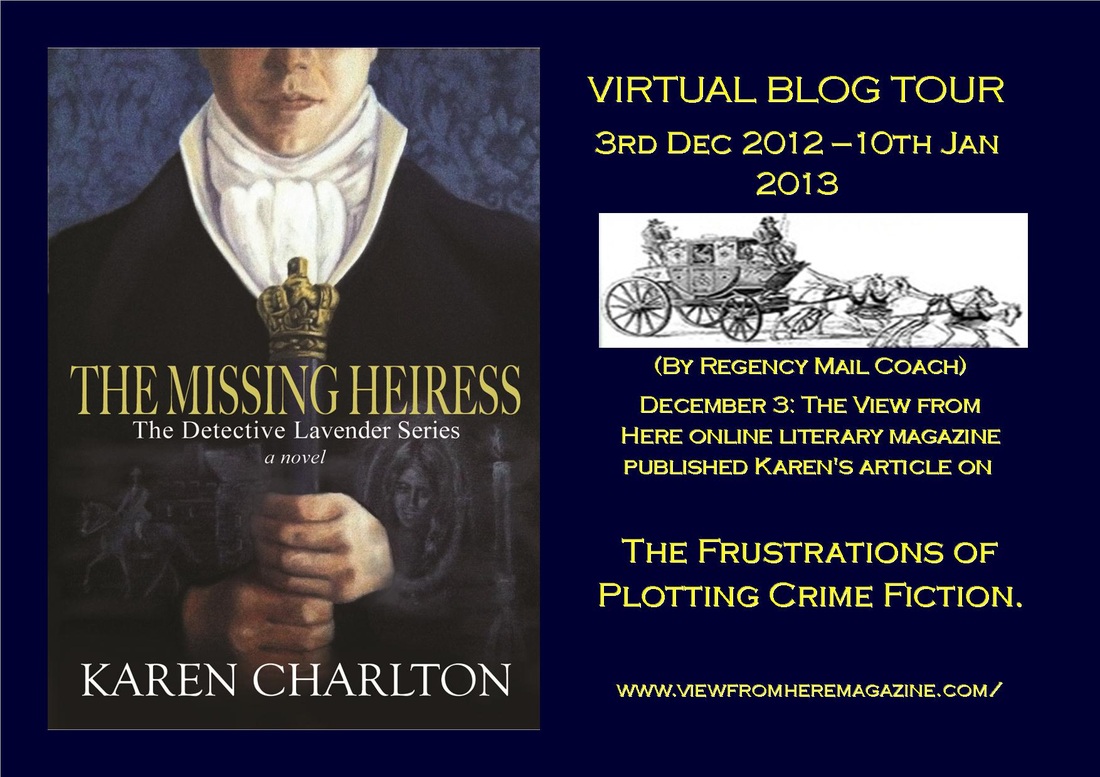
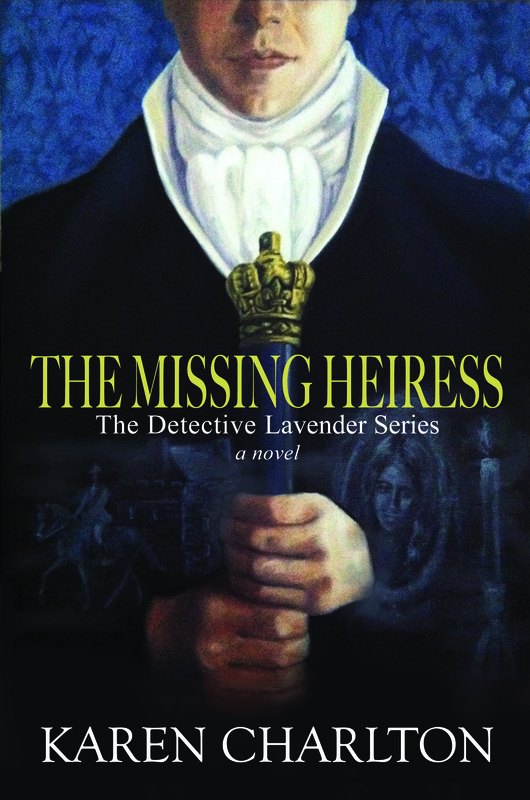
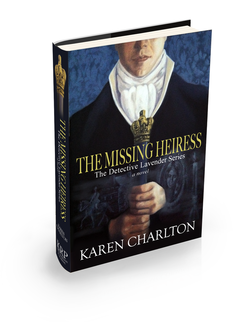
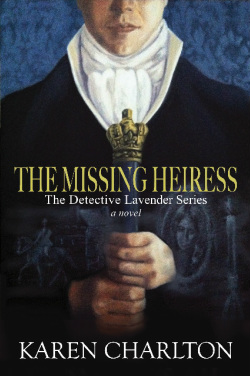
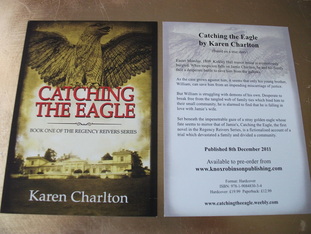
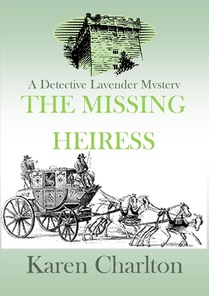
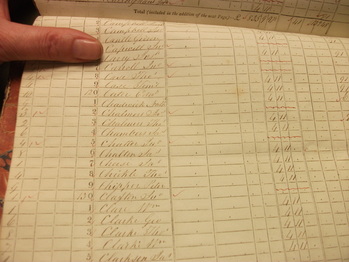
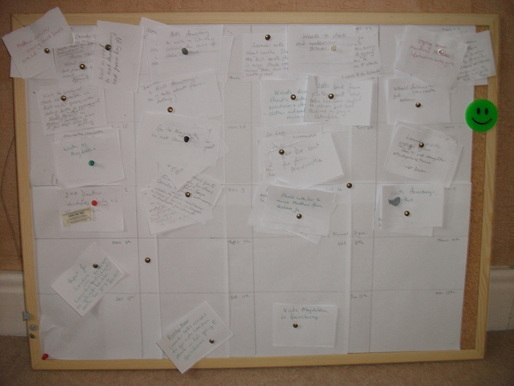

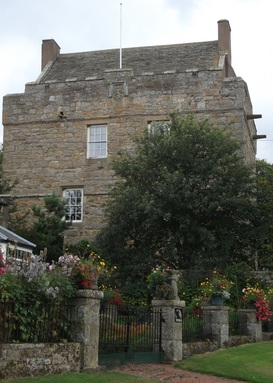




 RSS Feed
RSS Feed